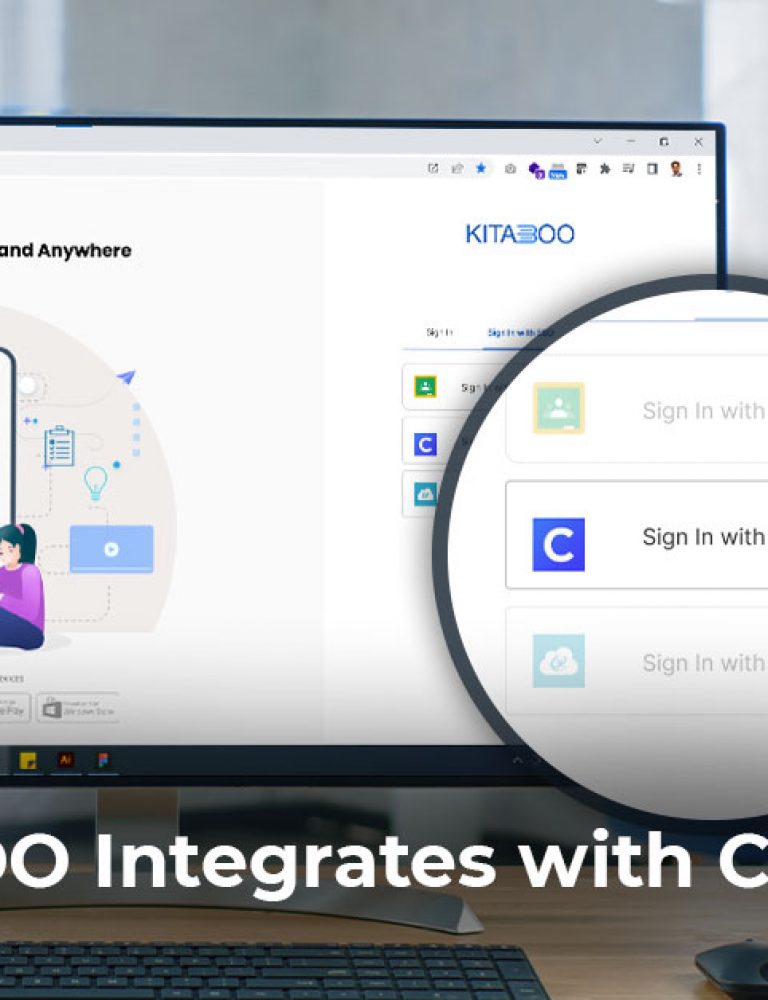Did you know that the global ebook market is poised for extreme growth, with projections indicating a user base of approximately 133.3 million by 2027? eBooks have transformed how we access and leverage educational materials, creating unparalleled possibilities for growth and convenience for people worldwide.
Consequently, this transformed the conventional reading experience into something dynamic and immersive. To compete and meet the possibilities of ever-changing readers, academic establishments and publishers need to adopt advanced eBook store solutions.
These solutions consist of enhanced content delivery, interactive features, and customized learning experiences.
By implementing advanced eBook store solutions, corporations can not only meet but exceed reader expectations, ensuring continued success within the digital publishing environment.
Table of Contents
I. The Evolution of eBook Stores
II. Challenges Faced by Using Traditional eBook Store Solutions
III. How Advanced eBook Stores Can Help Educators and Publishers
The Evolution of eBook Stores
eBook stores have evolved significantly over the years, transforming from simple digital content stores to sophisticated platforms with the latest functionality and features. They have developed beyond just a large collection of digital books, including features such as interactive content, multimedia integration, and seamless cross-device synchronization.
Modern readers expect more than just content. There is a growing demand for immersive experiences and personalized recommendations that can be easily accessed across multiple devices. This has resulted in the development of advanced eBook store solutions that can meet these needs.
One of the most important changes in eBook publishing is the transition from traditional PDF format eBooks to interactive ePub virtual textbooks. These virtual textbooks provide readers with an engaging and highly interactive reading experience, with features such as embedded multimedia, interactive quizzes, and dynamic content.
These trends highlight the importance of adaptability to new technologies and approaches in the eBook industry.
Challenges Faced by Using Traditional eBook Store Solutions
Traditional eBook store solutions offer a variety of benefits. However, they also face many challenges that need to be overcome in order to be successful and effective.
For any eBook store solution, scalability is critical for handling the increasing volume of data to maintain performance and reliability. Traditional eBook solutions lack this capability.
Another major challenge is that they do not integrate with major publishers and distributors to maintain a diverse and current eBook inventory. Moreover, most traditional eBook store solutions are not compatible with multiple devices and platforms, such as e-readers, tablets, and smartphones.
Thus, they limit your ability to reach a much broader target market.
How Advanced eBook Stores Can Help Educators and Publishers
Advanced eBook store solutions such as KITABOO offer educators and publishers a much broader reach by distributing educational materials digitally, reaching a global audience beyond traditional channels. They can revolutionize the way educators and publishers create, distribute, and use learning materials.
Given below are some of the benefits of adopting an advanced eBook platform that can ensure everything from scalability and reporting to metadata management.
Let’s take a look at it!
Scalability
Advanced eBook store solutions are designed to handle the increasing volume of eBooks, users, and interactions. This helps them maintain performance and reliability.
To achieve this, eBook stores need to implement efficient database and supply chain management systems. These systems must be able to meet the increased demand for content sourcing and distribution. In addition, the platform’s scalable architecture should allow for adding more servers and resources to meet its growing needs.
In this way, eBook store solutions ensure that they can grow and adapt to meet expanding user base and content library demands, delivering a seamless experience for users.
Guide:
How to Build an eBook Store
Metadata Management
Metadata management is essential to enhancing the searchability and discoverability of eBooks. This includes ensuring that each eBook contains accurate metadata, including author information, categories, and keywords.
This strategy requires a robust metadata structure that can handle large amounts of data. This framework provides tools for publishers and developers to manage and update metadata effectively.
Additionally, eBook store solutions like KITABOO implement search algorithms that can make better use of metadata. These algorithms can analyze metadata and provide users with relevant searches, improving their overall experience.
By focusing on metadata management, eBook stores increase their product discovery and user satisfaction.
Multi-Platform Compatibility
Advanced eBook store solutions are compatible with multiple devices and platforms, such as e-readers, tablets, and smartphones, in an effort to reach a much broader target market. This goes beyond making sure that the website loads on different gadgets.
While using an eBook store solution, you need to ensure that it adopts a thoughtful approach to responsive design.
The development of responsive layout strategies allows the user interface to adapt to many display screen sizes and resolutions. In turn, this provides a consistent and user-friendly experience across all gadgets.
Advanced Analytics and Reporting
Major eBook platforms leverage analytics tools to monitor user behavior, leads generated, and other key metrics. This data is vital for decision-making and improving the platform over time.
Collecting and analyzing statistics from numerous resources, inclusive of user interactions, sales transactions, and internet visitors, offers insights into user behavior and possibilities. This data can be used to personalize the user experience, improve content recommendations, and optimize advertising efforts.
It is equally important for stakeholders to develop reporting tools that can provide this information clearly and practically. This makes understanding the data easier and allows for making informed decisions to improve platform performance and user satisfaction.
Maximizing Revenue Potential
Advanced eBook stores can help educators and publishers reach a global audience. They can distribute educational materials and books to students and readers worldwide, expanding their reach beyond traditional physical distribution channels.
An advanced eBook store solution also offers the ability to develop and implement effective financing strategies, which is crucial for generating revenue. This includes analyzing market data and user behavior to identify potential investment opportunities and develop profitable strategies.
Examples of monetization strategies include subscription models, ad placements, and affiliate programs. Subscription models can give users access to a library of eBooks for a recurring fee. Similarly, ad placements can generate revenue through ad partnerships.
On the other hand, affiliate programs allow eBook stores to earn commissions on sales earned through referral links.
Easy Integration with Other eBook Store Solutions
A versatile eBook store solution integrates with other stores quite smoothly.
In this way, they help publishers sell or distribute eBooks online with ease. This integration facilitates access to global readers directly and smoothens the overall publishing process. It further enables publishers to elevate their revenue potential by elevating reach.
Cost-Effectiveness
By digitizing instructional materials and eBooks, educators and publishers can reduce printing and distribution costs. These cost savings can be forwarded directly to students and readers, making instructional learning materials more affordable and easily accessible.
Moreover, these financial savings may be reinvested in enhancing content materials or expanding educational offerings.
Creating Accessible Content
Advanced eBook store solutions can provide capabilities that make educational materials available to college students with disabilities.
For example, eBooks may be designed to be well-suited with screen readers for visually impaired students. This ensures that all students have equal access to learning resources.
Adding Customization and Interactivity to eBooks
Advanced eBook stores can offer interactive and customizable functions that enhance the learning experience. Educators can customize eBooks to suit their teaching techniques and students’ learning styles, making learning effective.
Wrapping Up
Today, we need top-notch eBook store solutions more than ever. Educators and publishers face increasing demand for digital content, requiring advanced systems.
Advanced eBook store solutions, such as KITABOO, offer educators and publishers a much broader reach by distributing educational materials digitally, reaching a global audience beyond traditional channels. Additionally, they provide analytics and insights to enhance content and delivery, accessibility functions, and tools for collaboration and networking.
With KITABOO, educators can customize content for different learning styles, and publishers can improve their offerings based on user behavior insights.
Connect with us to start a conversation!
Discover How An Ebook Conversion, Publishing & Distribution Platform Can Help You
Kitaboo is a cloud-based content platform to create-publish & securely distribute interactive mobile-ready ebooks.
You May Also Like
-
Top 10 Advantages of Content Distribution Platform
Blog,Digital Publishing,eBook solution / February 6, 2024








